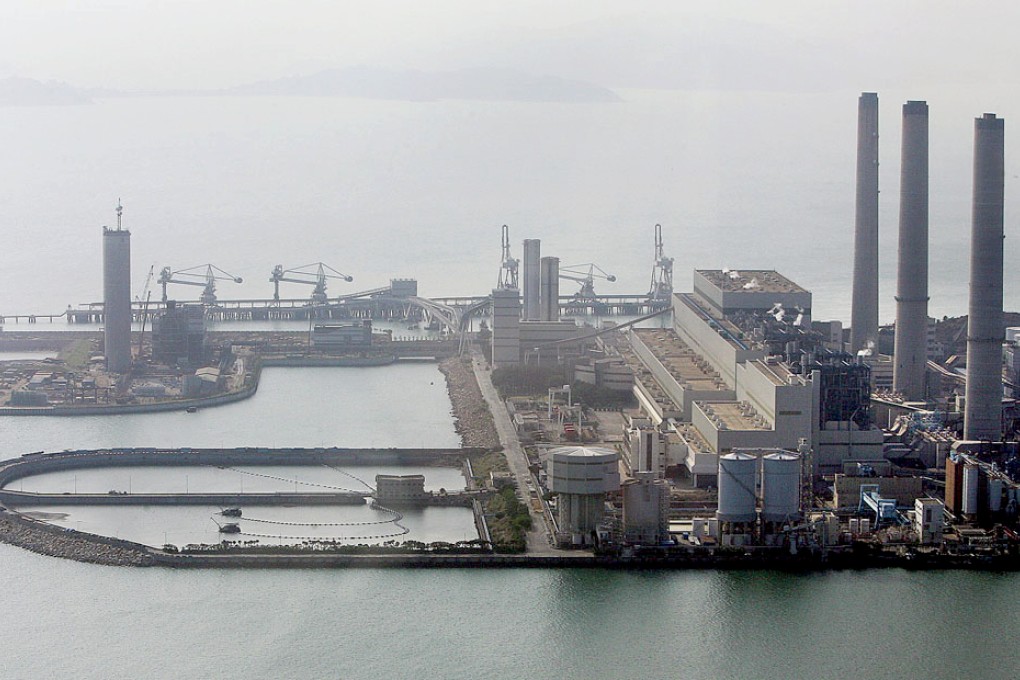Public still needs to be convinced on right power option for Hong Kong
The public consultation on energy supply has generated heated debate in the community. That it has netted more than 10,000 submissions over a span of three months underlines people's interest in the subject.

The public consultation on energy supply has generated heated debate in the community. That it has netted more than 10,000 submissions over a span of three months underlines people's interest in the subject. Much has been said about the two proposals tabled for discussion, but there appears to be no immediate consensus on the way forward. One thing is clear, though. Our power supply needs to be reliable, clean and affordable. The question is which option can better achieve the goal.
It would not be surprising if people remained unclear about the pros and cons of the two choices: building more gas-fired generators locally, or importing about 30 per cent of power from the mainland by 2023 under the so-called grid purchase option. During the consultation, the government and the two existing power suppliers debated the merits and drawbacks of the latter option. The pictures they have painted are so different that the public can be excused for feeling sceptical about which side to take.
The positions of the two power giants are to be expected. CLP Power did not rule out purchasing from the mainland, but it said Hong Kong should first build some new generators to maintain bargaining power over its purchase options. HK Electric rejected imports, citing the risk of power interruptions, cost and the impact on regional emission as key concerns.
There can be no dispute that reliability is a valid issue, as are pollution and tariffs. But that does not mean they cannot be overcome by better technologies and supervision. However, some of the arguments against the purchase option apparently stem from doubts and uncertainties. Some just oppose based on ideology, saying the city will become too dependent on mainland supplies for food, water and energy.
The truth is that about a quarter of our electricity currently comes from the nuclear power plant in Daya Bay across the border. Our natural gas for local power generation is also sourced from the mainland. Linking the purchase option to loss of autonomy and overreliance is too far-fetched.
Despite repeated denials, the government seems to be in favour of importing mainland energy in future. If this option is as good as officials have portrayed it, there is no reason why it cannot be further explored. Officials need to address the concerns expressed during the consultation and provide more details to convince the public that this is a better option.